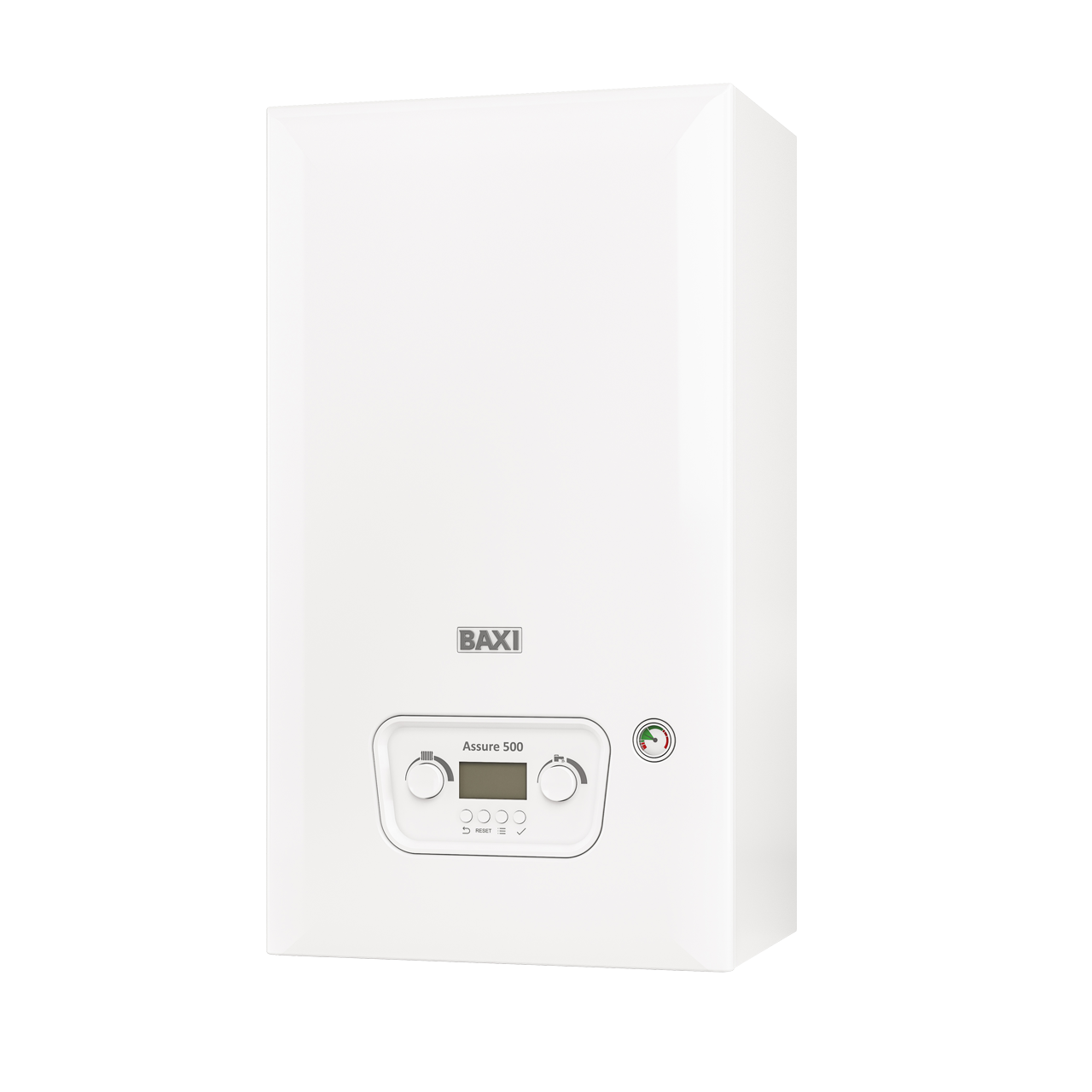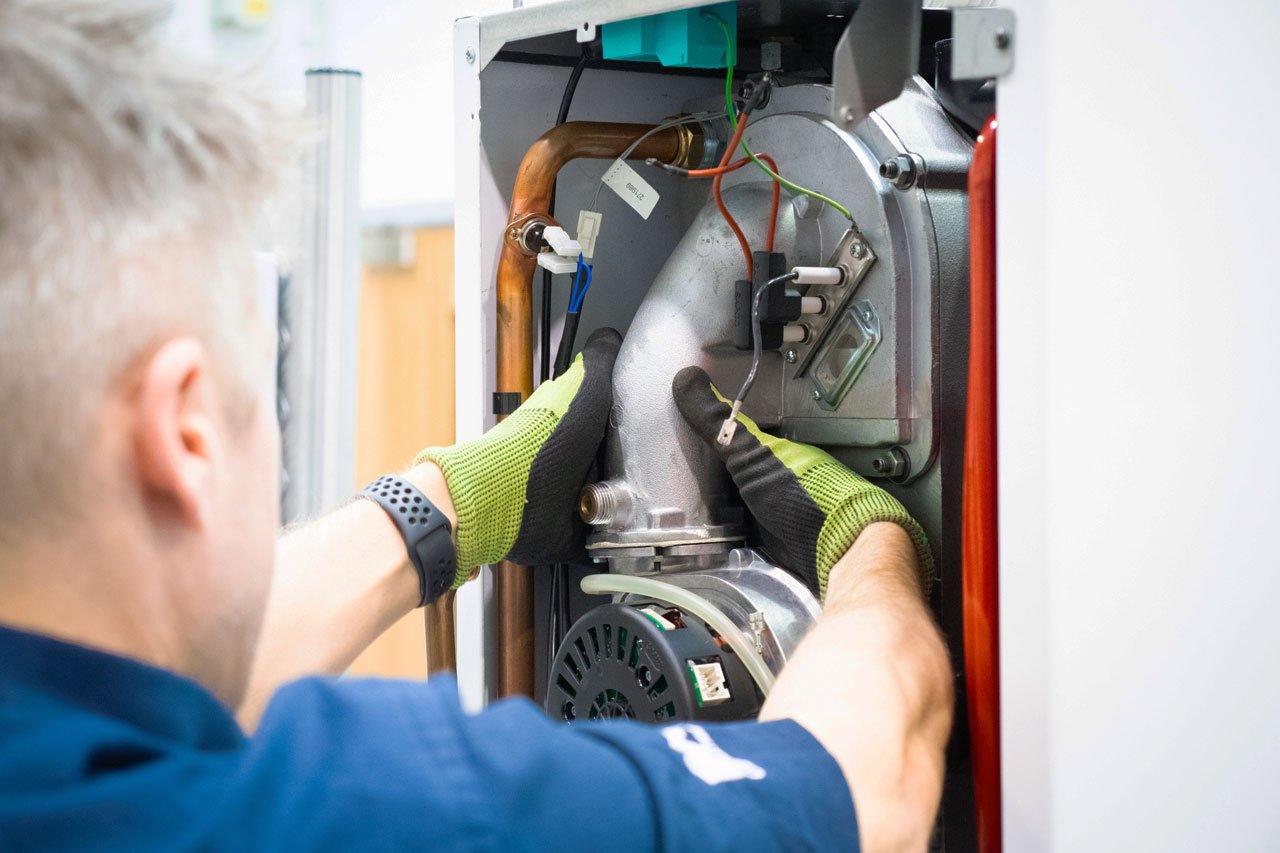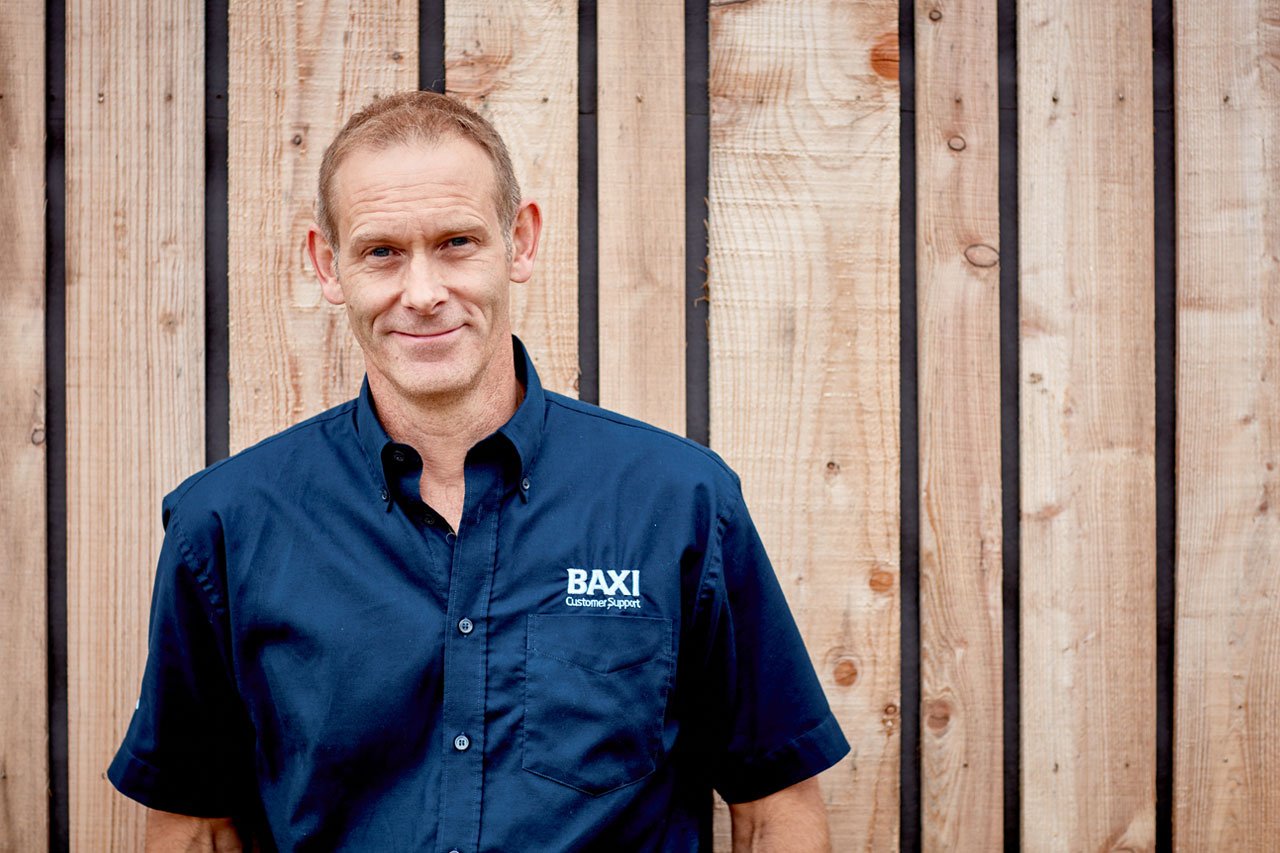Featured Blog

How Do I Talk About ASHPs With My Customers?
Searching for simple ways to answer your customers’ ASHP
questions? We’ve got you covered
18/07/2025
Our Blogs
Contact your local ASM
Get support and guidance on how to get started with Baxi!
Contact your Baxi Assure Representative
Our Baxi Assure Sales Team is on hand to help you with all your Residential Specification hot water and heating requirements.




